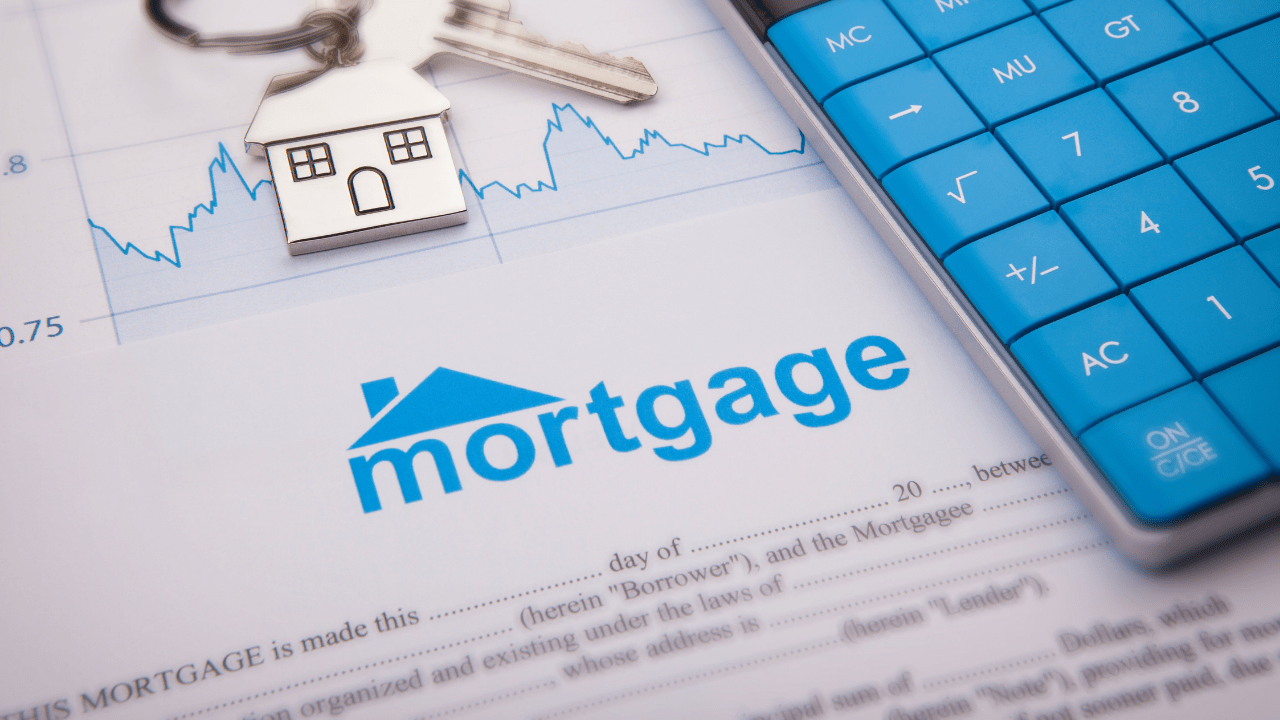Benefits of Making Extra Mortgage Payments
It is often recommended that homeowners make additional mortgage payments to pay the loan off early. Online calculators can assist homeowners to doing so. Some mortgage providers allow for payments every two weeks which will result in one additional payment a year. Since all mortgages do not have early payoff penalties, it stands to reason that some homeowners will save significant amounts of interest by making additional payments.
Who Should Not Make Extra Payments
Yet with interest rates at historic lows the question becomes, is that really the best use of the homeowner’s resources? If you have a 4% mortgage interest rate it might not make financial sense to add additional payments. This interest is also tax deductible making the effective interest rate even lower. Let’s say the effective interest rate is only 3%. (The effective interest rate accounts for the tax savings and will vary depending on the tax bracket the homeowner is in). This would mean if the homeowner can get a return on investment of over 3% then they would be better off carrying the mortgage and investing the money that would be used to pay down the mortgage.
Another consideration is that most homeowners do not stay in their homes until the loan is paid off. Making additional Mortgage payments really only pays off if the homeowner is in the home through the duration of the loan. The additional payments reduce the overall interest paid through the payoff. If the homeowner is only going to be in the home say 7 to 10 years, then additional payments might not result in substantial savings.
If you have credit card debt this should always be paid off first. Credit card interest rates are generally in the double digits. This interest will almost always be higher than the interest on the mortgage. Paying off credit card debt is a much faster way to lower monthly expenses.
Who Should Make Extra Mortgage Payments
Homeowners who are looking towards retirement and are in the home they intend to live in through retirement. The mortgage payment is generally the largest monthly expense homeowners have. By paying off the mortgage before retirement, a homeowner can reduce the amount they need to live off of in retirement. This reduction in monthly expenses also means they do not have to have as much money saved to live comfortably.

Once the retiree is in the home they intend to retire in, it might make sense to be aggressive with additional payments to eliminate the mortgage. Lower cost of living through lower expenses will provide more options in retirement.
Paying off the mortgage is a personal decision. Homeowners should consider all the aspects of their financial profile before making additional payments to their mortgages. This will provide the best use of their hard earned money and provide the strongest financial profile possible.

